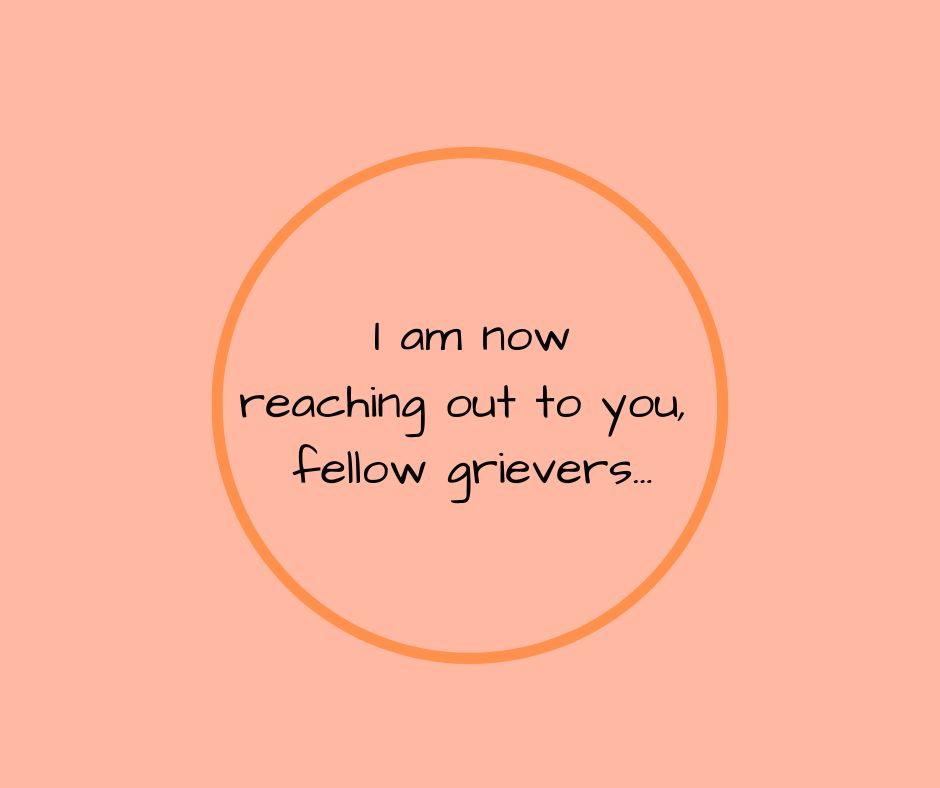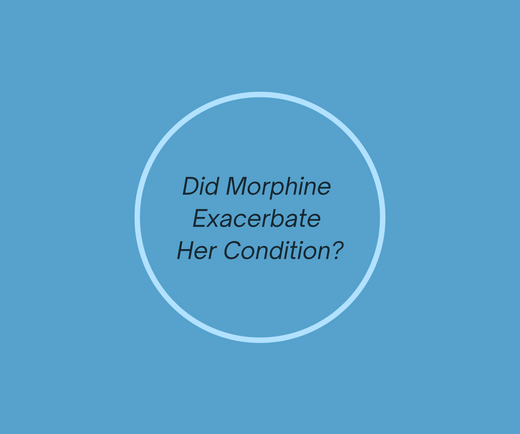Dear Barbara, My mom is 83 and has moderate Alzheimer’s . Since May, I have noticed a big change in her behavior. She has really slowed down with everything. She sleeps a lot. I know she is depressed and she is on medications, but I hate to see her sleeping like this. She is still asleep now and she went to bed last night at 8:30. Should I be making her get up earlier?
I’m no expert on dementia related diseases. Teepa Snow and MaryAnn Oglesby are my go-to people for information and advice on "what I should do now." What I'm saying is that I, Barbara, am no dementia specialist.
It is hard to accept where our special person is when the "rules" have changed. What "normal" healthcare is does not necessarily apply to someone with dementia.
Our goal is to keep them safe and meet them where they are in the moment with kindness and thoughtfulness. I don't have enough information to tell you whether to let your mother sleep or get her up. BUT I will ask what is the harm in letting her sleep?
It is hard for caregivers to know how to care for a person with dementia. The behaviors are so varied that there is no single correct way to handle a situation.
With the various and individual ways dementia presents itself, the questions to ask are: what action fits the present moment? How can comfort be provided in this moment? How can I support and bring peace to this particular moment?
Did you notice I repeatedly said “in this moment”? The key to being involved and caring for someone with dementia is the present moment. It is not how they used to be but who they are in this very moment. AND how do I address and interact with them in this moment.
Something more… about “My Mom with Alzheimer’s sleeps so much…”
If you are caring for a loved one with dementia who is approaching end of life, I have a booklet that can support you. Dying with dementia doesn’t play by the normal end of life rules. Here is a review of my booklet, How Do I Know You? Dementia at End of Life:
⭐️⭐️⭐️⭐️⭐️ How Do I Know You?
Working as a Dementia trainer and practitioner for 25 years, I can honestly say this is one of the best dementia resources available on the market! Worded in a way that caregivers and families really get it, it affects positive change for all parties involved. Here, here!
- Kim F. United States








2 comments
Sunrise
I find that if I try to keep my loved one with mid stage dementia awake, they will fall asleep at times anyway. To the point of falling asleep with food in the mouth while eating etc. It can make meal schedules or appointments difficult and health providers don’t understand or accommodate. I pre prep meals and just be ready for final cook when awake enough to safely eat.
———
BK Books replied:
Hi Sunrise, Thank you for sharing. Blessings! Barbara
I find that if I try to keep my loved one with mid stage dementia awake, they will fall asleep at times anyway. To the point of falling asleep with food in the mouth while eating etc. It can make meal schedules or appointments difficult and health providers don’t understand or accommodate. I pre prep meals and just be ready for final cook when awake enough to safely eat.
———
BK Books replied:
Hi Sunrise, Thank you for sharing. Blessings! Barbara
Mary
Maybe the writer could ask her mother’s doctor or the neurologist who diagnosed her mother. The neurologist for my person told us, “There are walkers, and there are sleepers.” I told him that I have a sleeper, whom I let sleep whenever she wanted, though I did get her up and to the table to eat something and always made sure she had good hygiene and whatever she needed. This is really hard for the caregiver who, over a long period of time, loses companionship, conversation, and the person’s help and attention. But if this is what my person needed to do, then that was what I chose, all the way through hospice ( the team members agreeing with this care) to a peaceful death. Barbara’s questions are very compassionate. All the best to all the caregivers.
———
BK Books replied:
Hi Mary, I hadn’t heard “there are walker and there are sleepers” before. Makes sense. Thank you for sharing. Blessings! Barbara
Maybe the writer could ask her mother’s doctor or the neurologist who diagnosed her mother. The neurologist for my person told us, “There are walkers, and there are sleepers.” I told him that I have a sleeper, whom I let sleep whenever she wanted, though I did get her up and to the table to eat something and always made sure she had good hygiene and whatever she needed. This is really hard for the caregiver who, over a long period of time, loses companionship, conversation, and the person’s help and attention. But if this is what my person needed to do, then that was what I chose, all the way through hospice ( the team members agreeing with this care) to a peaceful death. Barbara’s questions are very compassionate. All the best to all the caregivers.
———
BK Books replied:
Hi Mary, I hadn’t heard “there are walker and there are sleepers” before. Makes sense. Thank you for sharing. Blessings! Barbara